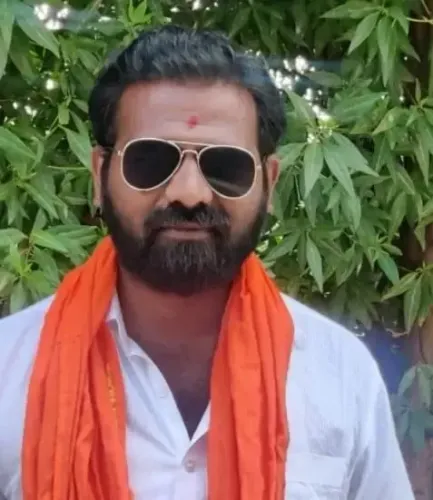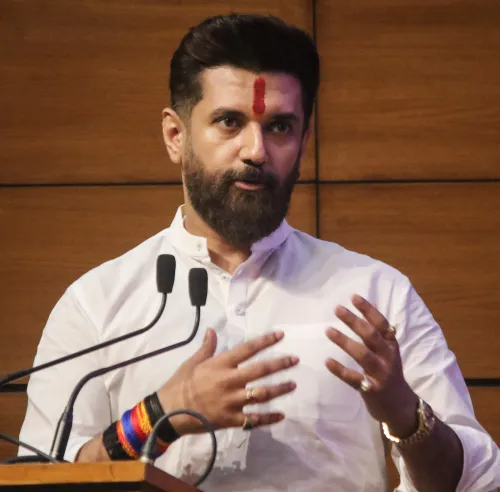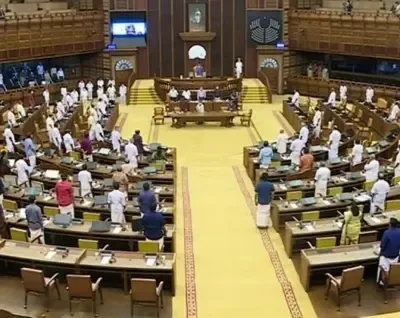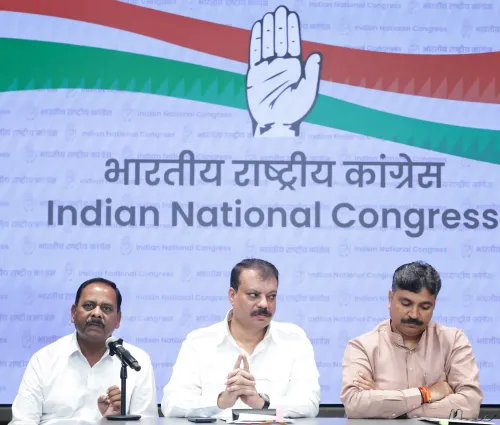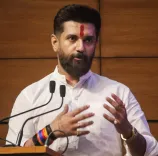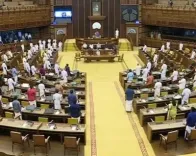Why Did the Maha Government Abolish GRs on Hindi as an Optional Language?
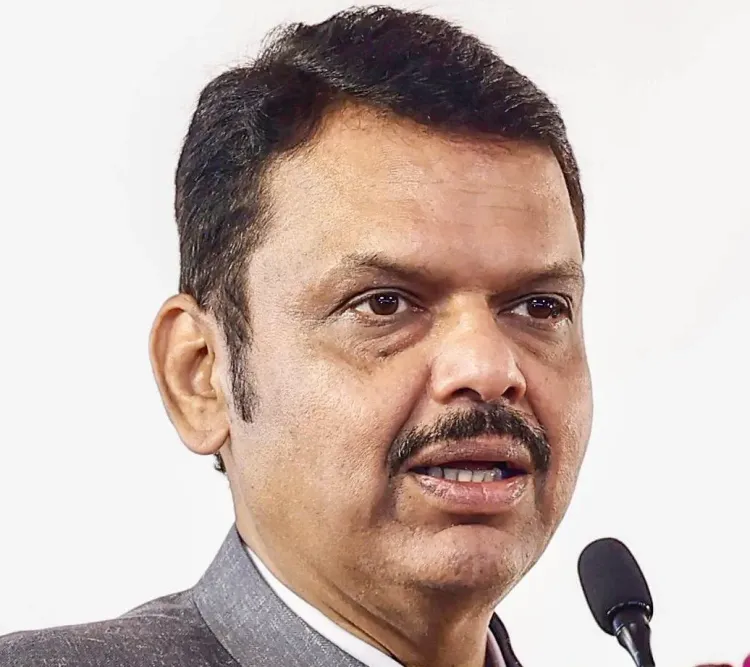
Synopsis
Key Takeaways
- Maharashtra government prioritizes Marathi over Hindi in schools.
- A committee led by Narendra Jadhav will explore a trilingual policy.
- Protests influenced the government's decision on language education.
- Students can choose other Indian languages if there's sufficient interest.
- Political dynamics are shifting in light of upcoming elections.
Mumbai, June 29 (NationPress) In response to significant backlash against the enforcement of Hindi in Marathi and English educational institutions for grades 1 to 5, and amidst a planned protest by estranged siblings Uddhav Thackeray and Raj Thackeray on July 5, Chief Minister Devendra Fadnavis announced the establishment of a committee led by former Planning Commission member Narendra Jadhav. This committee is tasked with devising a report on a trilingual policy that prioritizes the needs of Marathi students.
During a press briefing, Fadnavis revealed that the state Cabinet has resolved to annul two government resolutions dated April 16 and June 17. The revised stance emphasizes the requirement of Marathi as compulsory while making Hindi optional.
The committee has requested a three-month timeframe to compile its findings. The original April 16 resolution had suggested making Hindi a mandatory third language in Marathi and English schools for grades 1 to 5, but this was postponed due to widespread protests.
The government’s updated resolution on June 17 mandates that Marathi is necessary across all schools, whereas Hindi remains optional. Students now have the opportunity to select from other Indian languages if at least 20 students per class express interest in learning a language other than Hindi.
The Cabinet's decision to annul the previous resolutions indicates that the trilingual policy will not be enacted until the report from the Narendra Jadhav committee is submitted. Consequently, Hindi will not serve as a third language for grades 1 to 5 in Marathi and English schools at this time.
Fadnavis also criticized the Uddhav Thackeray-led government for its Hindi language policy, asserting that the Maha Vikas Aghadi administration had embraced recommendations from a high-level committee, spearheaded by renowned scientist Raghunath Mashelkar, which suggested making both English and Hindi mandatory to support Marathi students in the Academic Bank of Credit and facilitate their access to education.
“The MahaYuti government has instead made Marathi compulsory and Hindi optional, prioritizing the interests of Marathi students. We will question Uddhav Thackeray about the decline of Marathi schools in Mumbai and the exodus of Marathi people from the city. However, the MahaYuti government is working to welcome Marathi individuals back to Mumbai. Uddhav Thackeray opposes Hindi while promoting English,” stated Fadnavis.
Fadnavis accused Uddhav Thackeray of politicizing the Marathi language issue. In contrast, both Uddhav and Raj Thackeray expressed their strong opposition to this decision, viewing it as an effort to enforce a three-language policy by making Hindi compulsory. This sentiment was echoed by various opposition parties.
Experts in the Marathi language, educators, and various organizations have also voiced their discontent with the government's revised resolution.
Fadnavis' announcement could be seen as a strategic move to counter Uddhav and Raj Thackeray's efforts in leveraging the Marathi language issue, especially with the BrihanMumbai Municipal Corporation elections approaching.
Moreover, Deputy Chief Minister Ajit Pawar, who had previously suggested introducing Hindi from grade 4, urged organizers not to proceed with the planned protest on July 5 in Mumbai following the Cabinet's decision.

